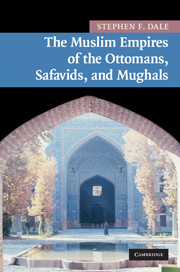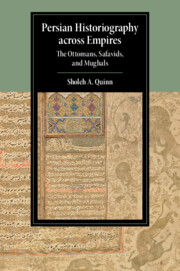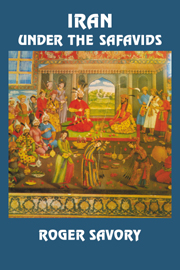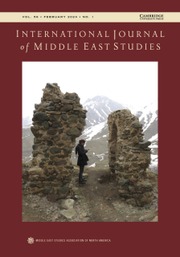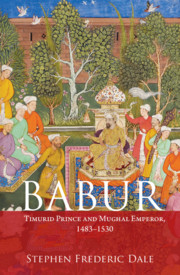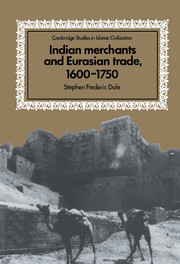The Muslim Empires of the Ottomans, Safavids, and Mughals
Between 1453 and 1526 Muslims founded three major states in the Mediterranean, Iran and South Asia: respectively the Ottoman, Safavid, and Mughal empires. By the early seventeenth century their descendants controlled territories that encompassed much of the Muslim world, stretching from the Balkans and North Africa to the Bay of Bengal and including a combined population of between 130 and 160 million people. This book is the first comparative study of the politics, religion, and culture of these three empires between 1300 and 1923. At the heart of the analysis is Islam, and how it impacted on the political and military structures, the economy, language, literature and religious traditions of these great empires. This original and sophisticated study provides an antidote to the modern view of Muslim societies by illustrating the complexity, humanity and vitality of these empires, empires that cannot be reduced simply to religious doctrine.
- The first comparative study of the politics, religion, and culture of the Ottoman, Safavid, and Mughal empires
- Written in a clear and accessible style with numerous illustrations and an extensive glossary
- The linking thread is Islam and how it impacted on the politics, economy, language and religion of the empires
Reviews & endorsements
'In sum, this is a vivid, learned, yet approachable comparative study of three remarkable Muslim empires at the height of their power and prestige, positioned carefully in their historical context. Scholars of the Islamic world used to believe that it reached its apogee in the early centuries after the Arab conquests, during the period of the early Abbasid caliphate. Dale's book provides ample grounds for suspecting that things may not be quite that simple.' David Morgan, The Times Literary Supplement
'Professor Dale deploys an impressive range of contemporary and modern sources in taking us through the intertwined history of the three empires.' Asian Affairs
Product details
January 2010Hardback
9780521870955
362 pages
234 × 160 × 20 mm
0.7kg
22 b/w illus. 18 maps
Available
Table of Contents
- Introduction
- 1. India, Iran and Anatolia, 10th–16th centuries
- 2. The rise of Muslim empires
- 3. The legitimacy of monarchs and the institutions of empires
- 4. The economies in c.1600
- 5. Imperial cultures
- 6. Golden ages: profane and sacred empires
- 7. Imperial culture in the golden age
- 8. Quests for a phoenix.

